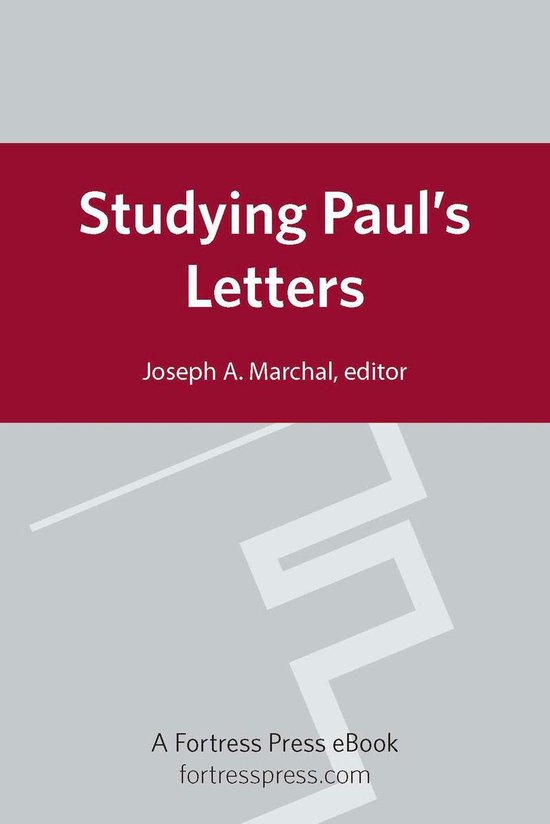
The purpose of this move is not to “speak for them” or to subsume (further) biblical authority for ourselves, but rather to recognize that certain feminist and queer resources have already been helpful for intersex advocacy. Sign up at .Given the use of religious, theological, and biblical materials upon categories of gender, sexuality, and embodiment that constrain and cut (physically and psychically) those with ostensibly ambiguous bodies, what should scholars of religion and the Bible do for the best? I contend that those interested and invested in religious materials should attend to feminist and queer perspectives on authoritative discourses, in order to trace what can be done in solidarity with and as people with intersex conditions. Check out their upcoming PreachFest 21, June 1st to 3rd, featuring a raft of amazing preachers and teachers.

Marchal has published three books and edited two others on these topics, alongside eighteen book chapters, and twelve articles in a wide variety of journals for biblical and religious studies, including: Journal of Biblical Literature, Biblical Interpretation, Journal of Feminist Studies in Religion, Culture and Religion, Journal for the Study of the New Testament, Theology and Sexuality, and Bible and Critical Theory.įollow the Podcast: // Follow me: Rinse Repeat is supported by Uniting Mission and Education, part of the Uniting Church in Australia Synod of NSW/ACT. This passion extends to his research, focused particularly on the dynamics of gender, sexuality, ethnicity, and empire and the audiences of Paul's letters. He is particularly passionate about introducing students to the ancient contexts of biblical texts and, then, helping them reflect upon their relevance for more recent cultures (including our own). Dr Marchal teaches introductory religious studies courses, a range of biblical studies courses, as well as more advanced seminars on bodies and religions, and theories for religious studies. Marchal is Professor of Religious Studies at Ball State University.

We discuss his intentionally anachronistic style of juxtaposition, and how this leads his work on 1 Corinthians 11 and Paul's concerns about the women prophesying, to considerations of ancient figures of androgyny and contemporary work on female masculinity. "Paul is probably the least interesting thing about Paul’s letters." I sat down with Joseph Marchal to talk the way his book reaches past questions of what Paul 'thought' (or how his texts can be read in 'inclusive' ways) toward far more fascinating queer figures before and after his letters: "androgynes, eunuchs, slaves, and barbarians-each depicted as perversely gendered and strangely embodied figures in their own distinctive, though interrelated ways”.


 0 kommentar(er)
0 kommentar(er)
